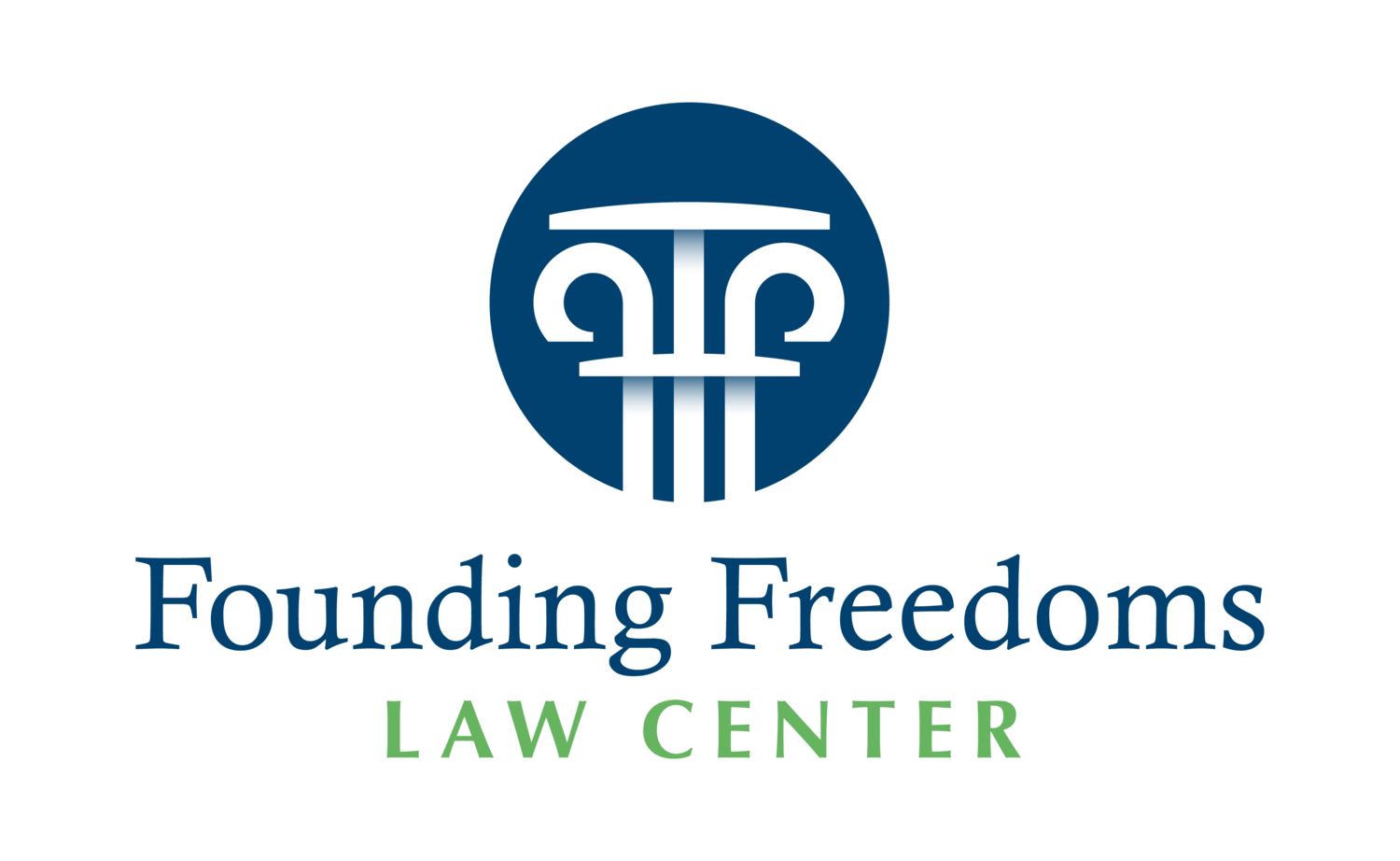Supreme Court Upholds “Transgender” School Bathroom Decision. What This Means For Virginia’s Public Schools.
Today, the Supreme Court declined to hear the Gloucester County School Board v. Grimm case, in which the 4th Circuit Court of Appeals had ruled 2-1 that a girl identifying as a boy could use the boys’ bathroom in high school. Only Justices Thomas and Alito noted that they would have granted the petition to hear the case. The Family Foundation had joined an Amicus Brief filed with the Court on behalf of the Gloucester County School Board. The Court’s decision ends a legal battle that began seven years ago in Gloucester County, Virginia, and which involved multiple appearances in the federal courts and two appearances before the U.S. Supreme Court.
The Court’s refusal to take this case leaves intact the Fourth Circuit Court of Appeals’ decision, which had ruled, based on the 2020 case of Bostock v. Clayton County (involving Title VII of the Civil Rights Act), that the word “sex” in Title IX of the Civil Rights Act included the concepts of “sexual orientation” and “gender identity.” Judge Niemeyer in dissent had hammered this portion of the Fourth Circuit’s opinion, noting that the Department of Education’s own regulations had specifically permitted schools to separate bathrooms, locker rooms, and sleeping quarters on the basis of sex.
Yet while “transgender” rights proponents are hailing this as a major victory, a few crucial points must not be overlooked:
1) The Grimm decision deals only with school bathrooms, and does not address locker rooms, showers, sports teams, or overnight lodging arrangements. (See the Fourth Circuit’s Opinion at p. 22, “Because [Grimm] only challenges [Grimm’s] exclusion from the boys restrooms, we refer to the policy as the “bathroom” or “restroom” policy throughout.”)
2) The present facts in Virginia are dramatically different than those in Grimm, as the VDOE “Model Policies” don't just allow self-identifying "transgender" students to use opposite-sex bathrooms. They allow any student to use any single-sex bathroom of their choice, and teachers are forbidden even from questioning them about it, making it all too easy for sexual predators to take advantage of the policy to do harm. (See, e.g., VDOE Model Policies at 18: “School staff should not confront students about their gender identity upon entry into the restroom.”) Moreover, the Fourth Circuit emphasized Grimm’s “consistent and persistent gender identity” as being a significant factor, which is not required under the Model Policies; and it also noted how the Gloucester County high school had taken steps to increase privacy in the bathrooms that mitigated potential harms to students. Consequently, today's decision has little, if any, impact on FFLC’s current legal challenge to VDOE’s Model Policies.
3) The Grimm case did not address claims by other public school students claiming violations of constitutional rights to bodily privacy, religious liberty, etc. Therefore, it is yet to be determined how a court would rule on those legal questions.
4) School officials continue to have a paramount duty to protect the privacy, safety, dignity, and religious freedom of EVERY child under their care. No court opinion could possibly force them to abrogate this important responsibility. The Fourth Circuit’s opinion is wrong for numerous reasons, and locally elected school board members are ultimately accountable to God and the people who elect them.
